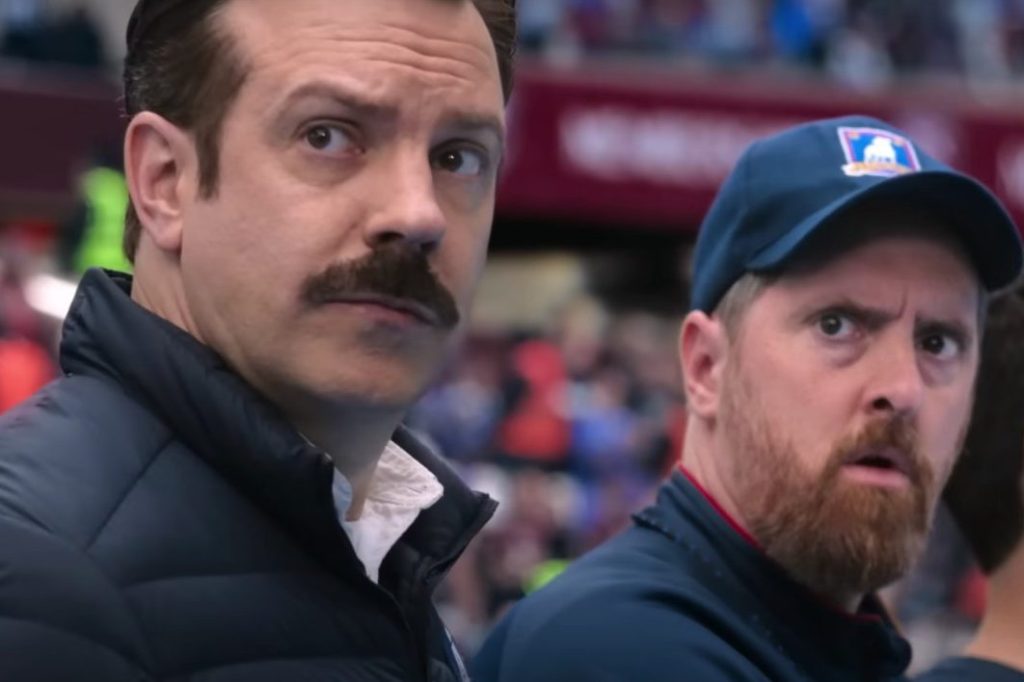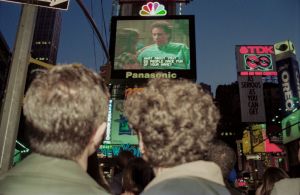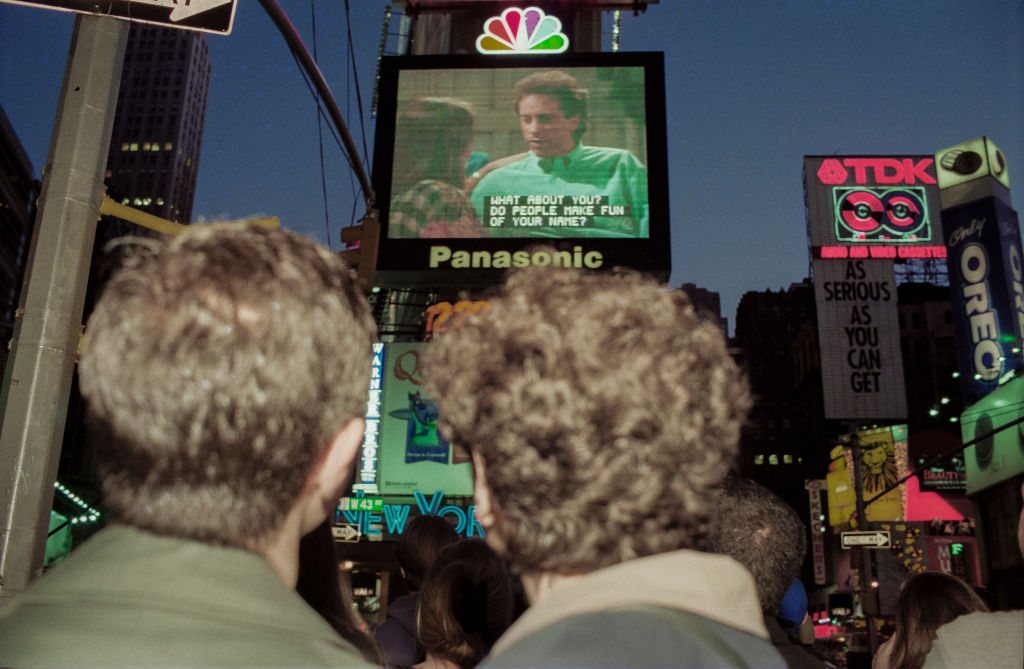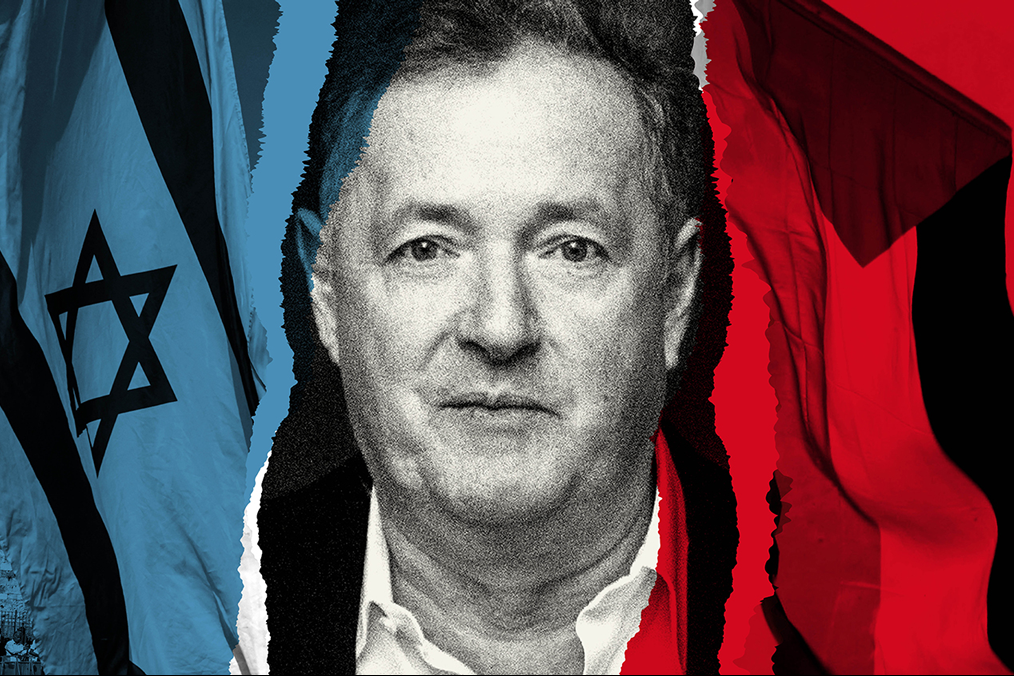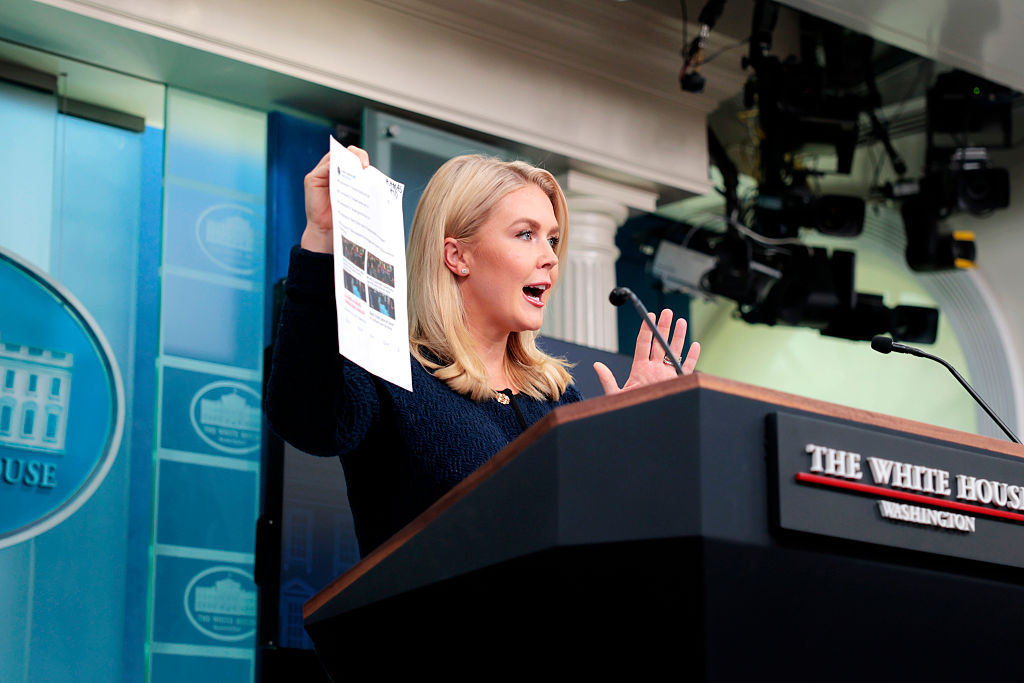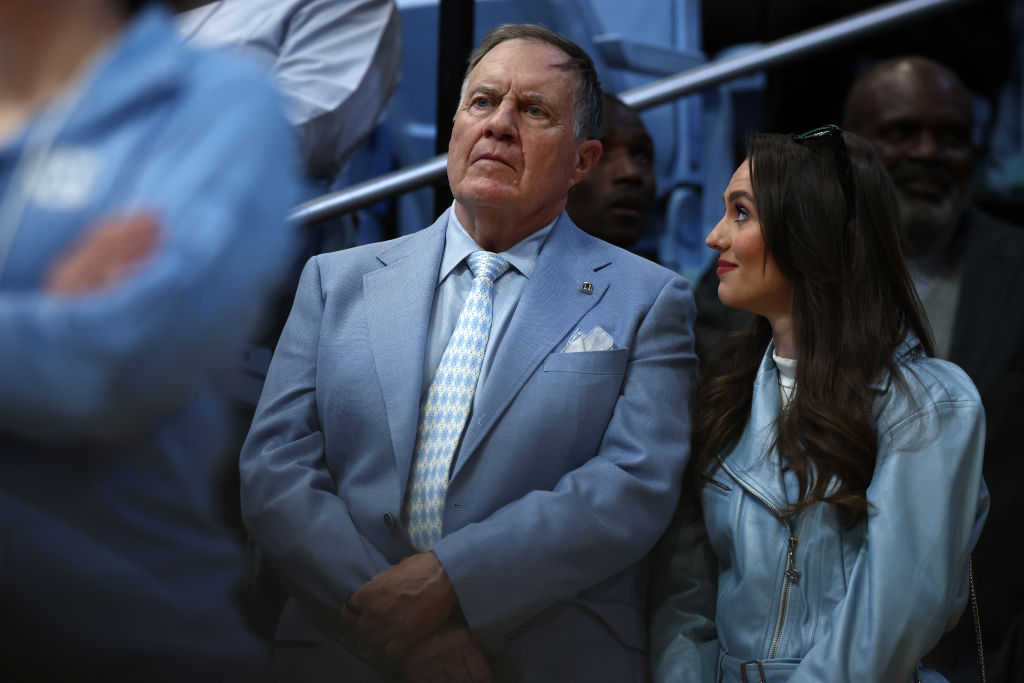You’ll know where you are with Ted Lasso, now entering its third season, as soon as you hear the Marcus Mumford co-written theme song. It peddles a sort of sub-Coldplay uplift, with a lot of big, meaningless anthemic “yeah”s in the chorus. Bright, accessible, catchy and instantly forgettable, you still enjoy hearing it every time you watch a new episode.
And that’s the show in microcosm: cheery, amusing and utterly inconsequential. Yet somehow the Jason Sudeikis vehicle has become not only Apple TV’s biggest hit to date, but the most Emmy-nominated comedy in recent years. It has won for everyone from Sudeikis (who now has two Emmys and two Golden Globes for his work on the show) to Brett Goldstein and Hannah Waddingham, who play, respectively, the surly veteran footballer Roy Kent and Rebecca, the owner of AFC Richmond, the football club that Lasso is hired to coach with hilarious consequences.
At a time when most situation comedy is either insipid or unfunny, there’s something heartening about the way that Ted Lasso takes its potentially clichéd situation (“fish out of water American ends up charming all those stiff-assed Brits”) and manages to make it fresh and amusing. In addition to the lead actors, there’s a fine selection of British comic thespians on hand, from the ever-unctuous Anthony Head as Waddingham’s suave but appalling ex-husband and business rival, to Downton Abbey’s Jeremy Swift as Higgins, AFC’s bumbling director of football operations. It’s also impossible not to enjoy James Lance as the journalist-turned-author Trent Crimm, always on hand with an awkward question for the ever-cheery Ted.
Such is the show’s popularity that the cast (including, naturally, Crimm) headed to the White House this week to discuss the issue of mental health. This is something touched on throughout Ted Lasso: the apparently ever-cheery Ted underwent a breakdown of sorts in the first season after being unable to cope with the pressure of separating from his wife and no longer seeing his son regularly. At the White House, the ever-cheery Sudeikis declared, “No matter who you are, no matter where you live, no matter who you voted for, we all — probably, I assume — know someone who has — or have been that someone ourselves, actually — that’s struggled, that’s felt isolated, that felt anxious, that felt alone.”
Warming to his theme, Sudeikis declared, “And it’s actually one of the many things that, believe it or not, we all have in common as human beings, right? And so that means it’s something that we can all, you know, and should talk about with one another when you’re feeling that way, when we recognize that someone is feeling that way.” He concluded, “We encourage everyone — and it’s a big theme of the show — to check in with your neighbor, your co-worker, friends, family, and ask how they’re doing and listen sincerely.”
All most decent and commendable, and a soft plug for the show in which he stars, to boot. Yet for all the talk of mental health issues, it’s frustrating that Ted Lasso constantly flirts with the idea of darker and more interesting territory — hence its protagonist’s breakdown — only to return to a comfort zone of hugs and one-liners. For a remarkably profanity-heavy series, there’s something oddly safe and tame about its frictionless universe. Even as Nick Mohammed’s treacherous kit man-turned-assistant coach-turned-rival coach, “Nate the Great,” has perhaps the show’s most interesting arc, one can already see the soapy redemption being teed up for his character. No doubt there will be hugs.
For my money, the most interesting episode of Ted Lasso by a country mile, “Beard After Hours,” was also its most divisive. In the second season, Ted’s taciturn right-hand man, Coach Beard, heads off into the London night, and strange things happen. The title nods to Scorsese’s classic After Hours, and there are also nods to Joyce’s Ulysses, particularly the “Circe” section of the book. For an hour or so, it entirely abandons the cutesy, “ah shucks” uplift that it has hitherto majored in, in favor of something much weirder and darker.
It’s fascinatingly strange, not wholly successful and proof that, if the writers put their minds to it, Ted Lasso could yet be something unique rather than merely pleasant. But back to those “yeah”s, eh?



